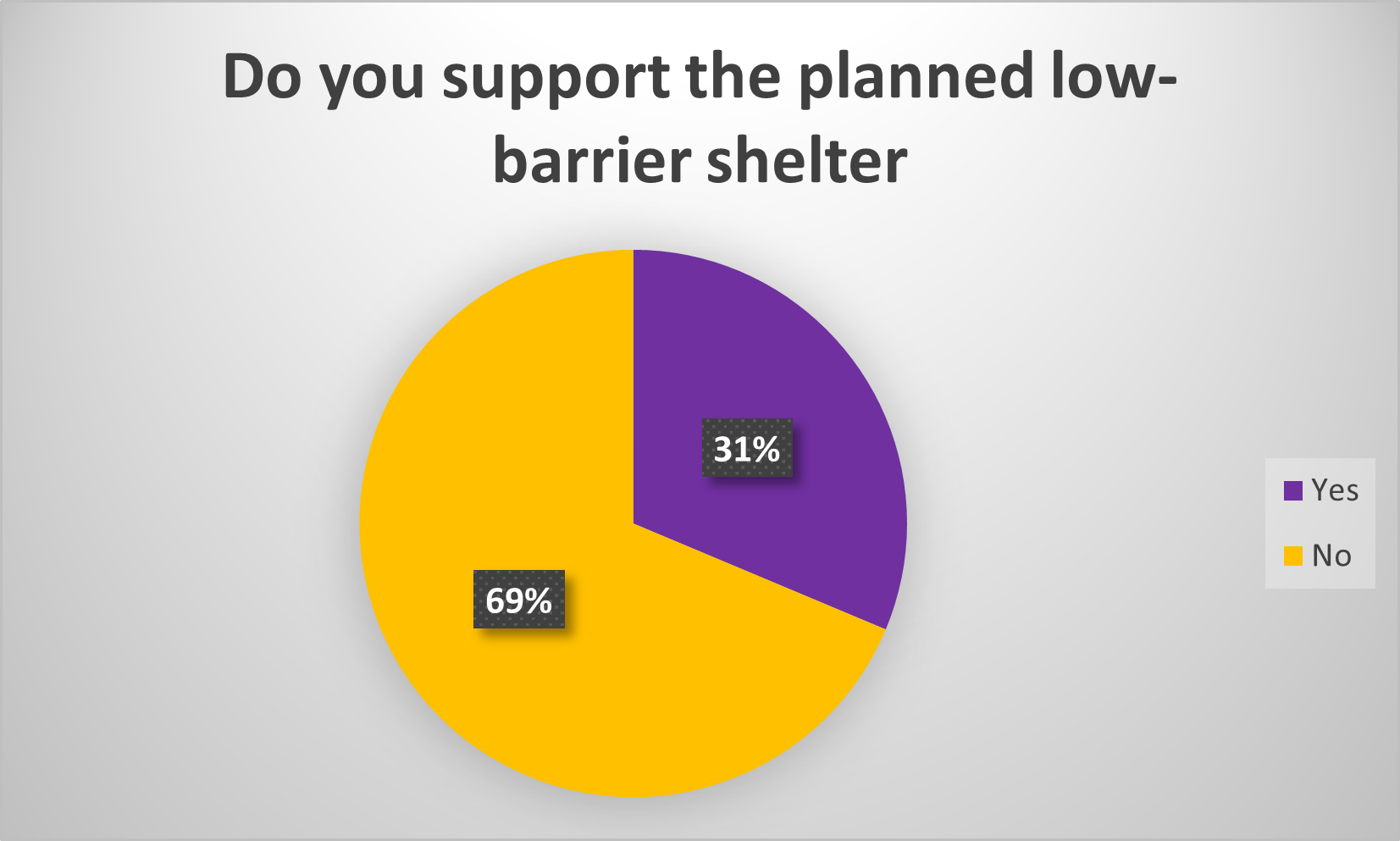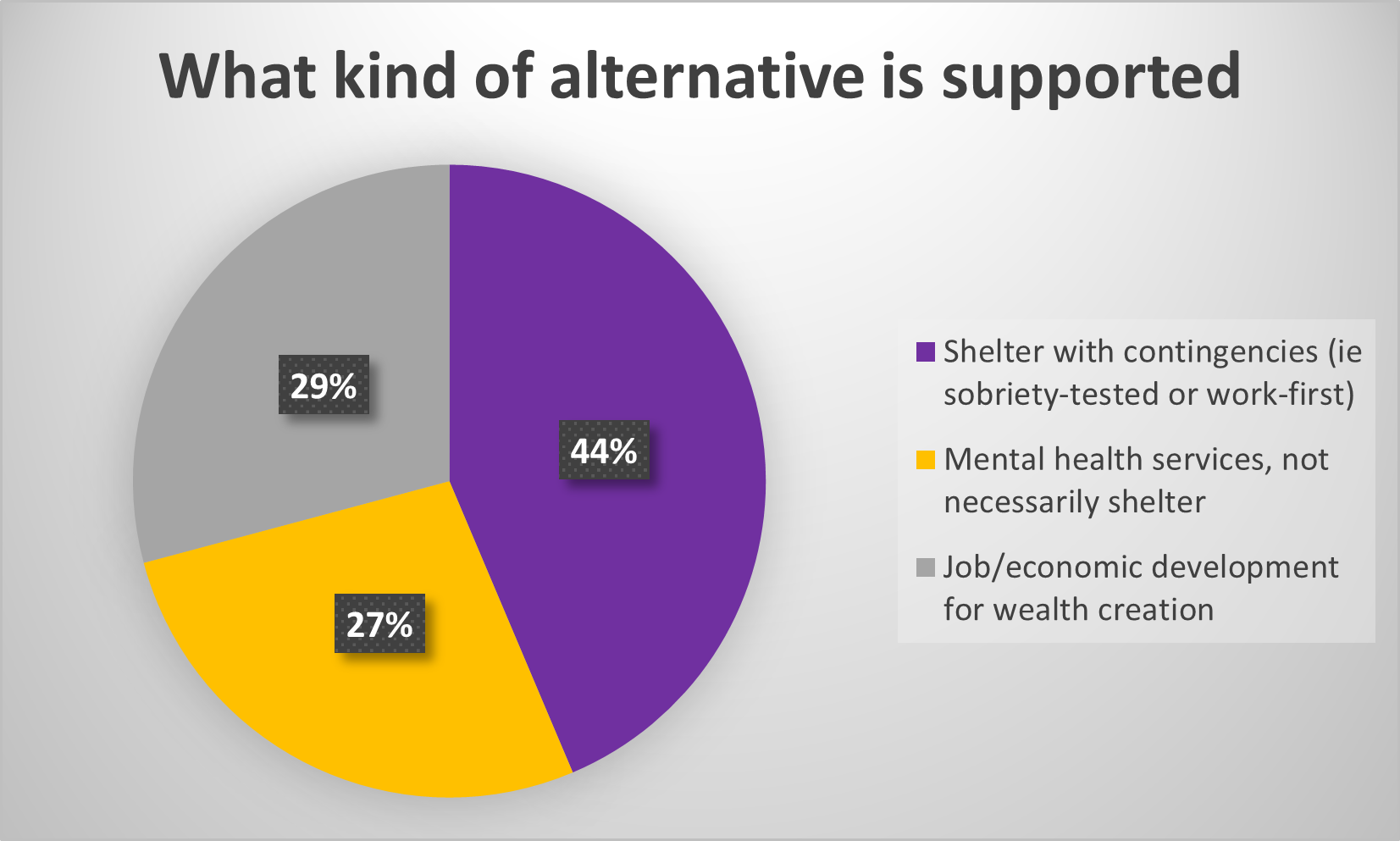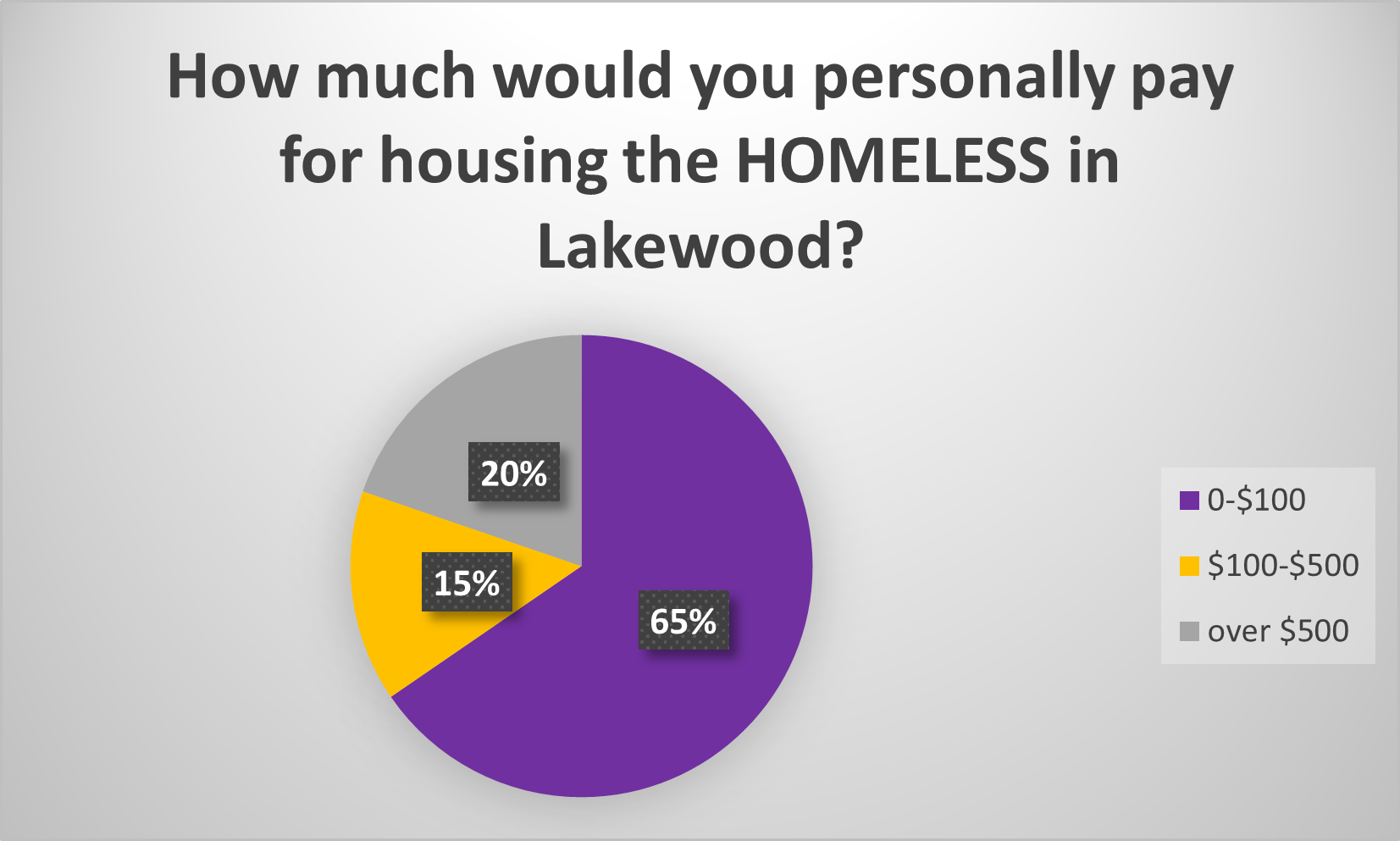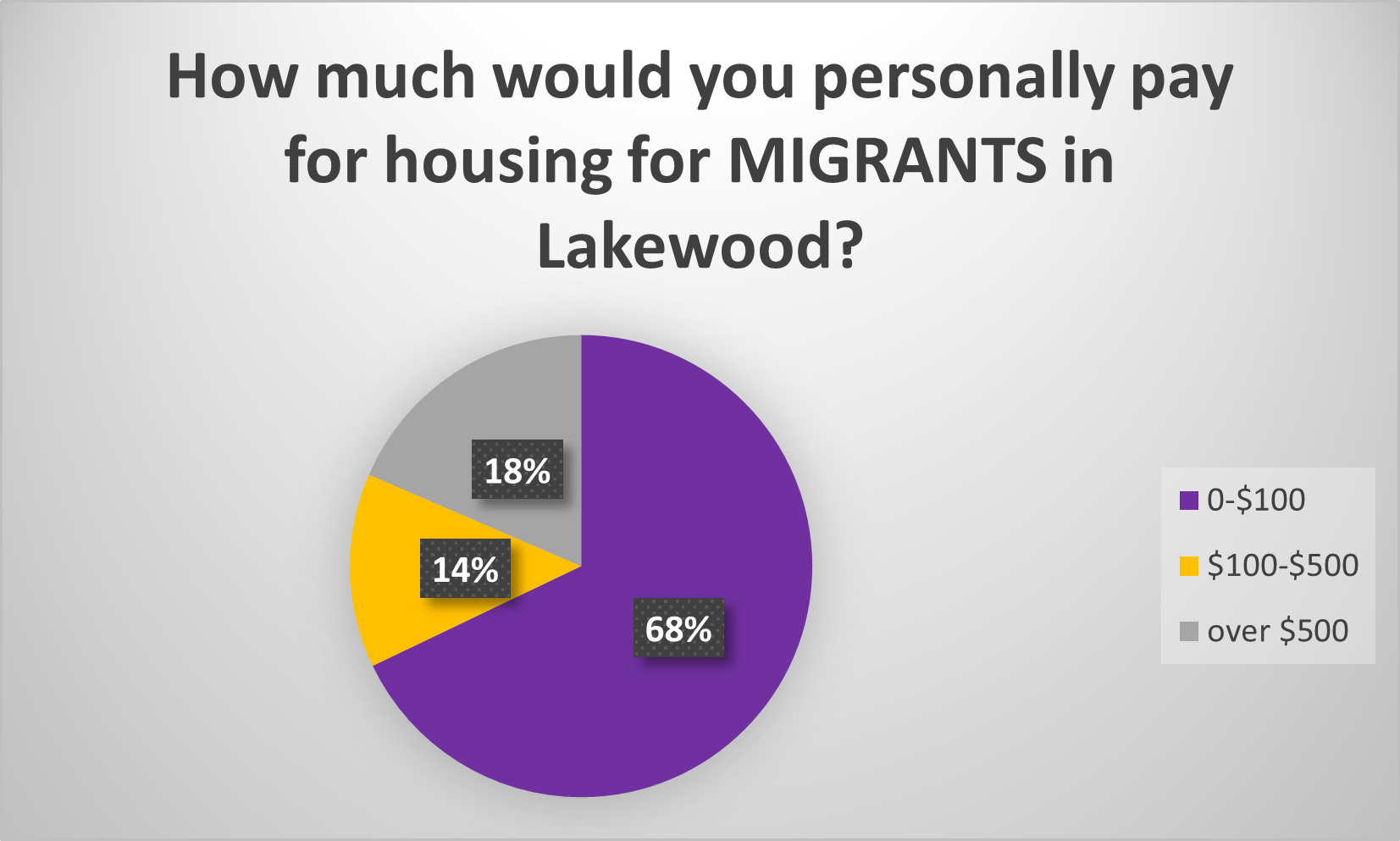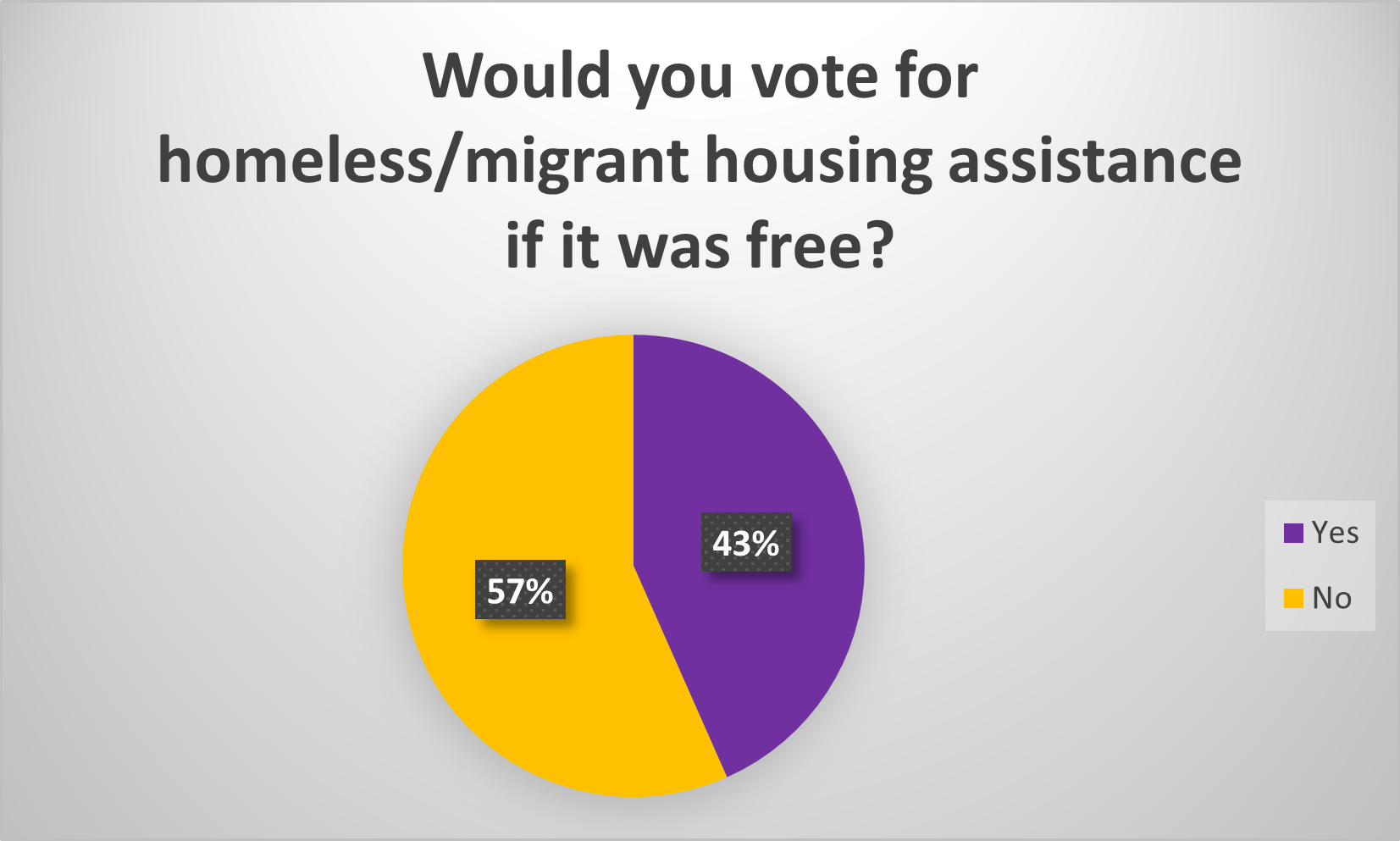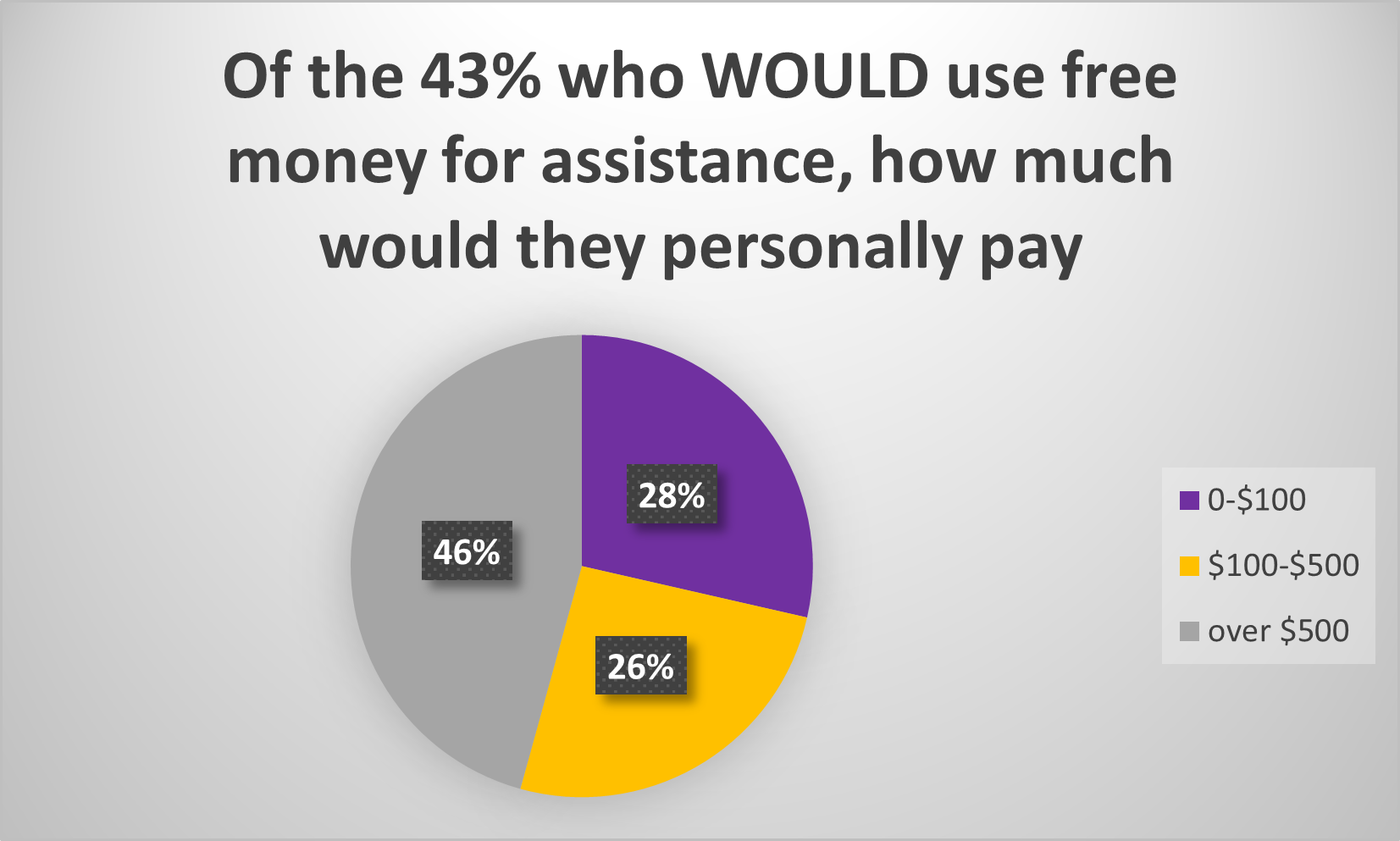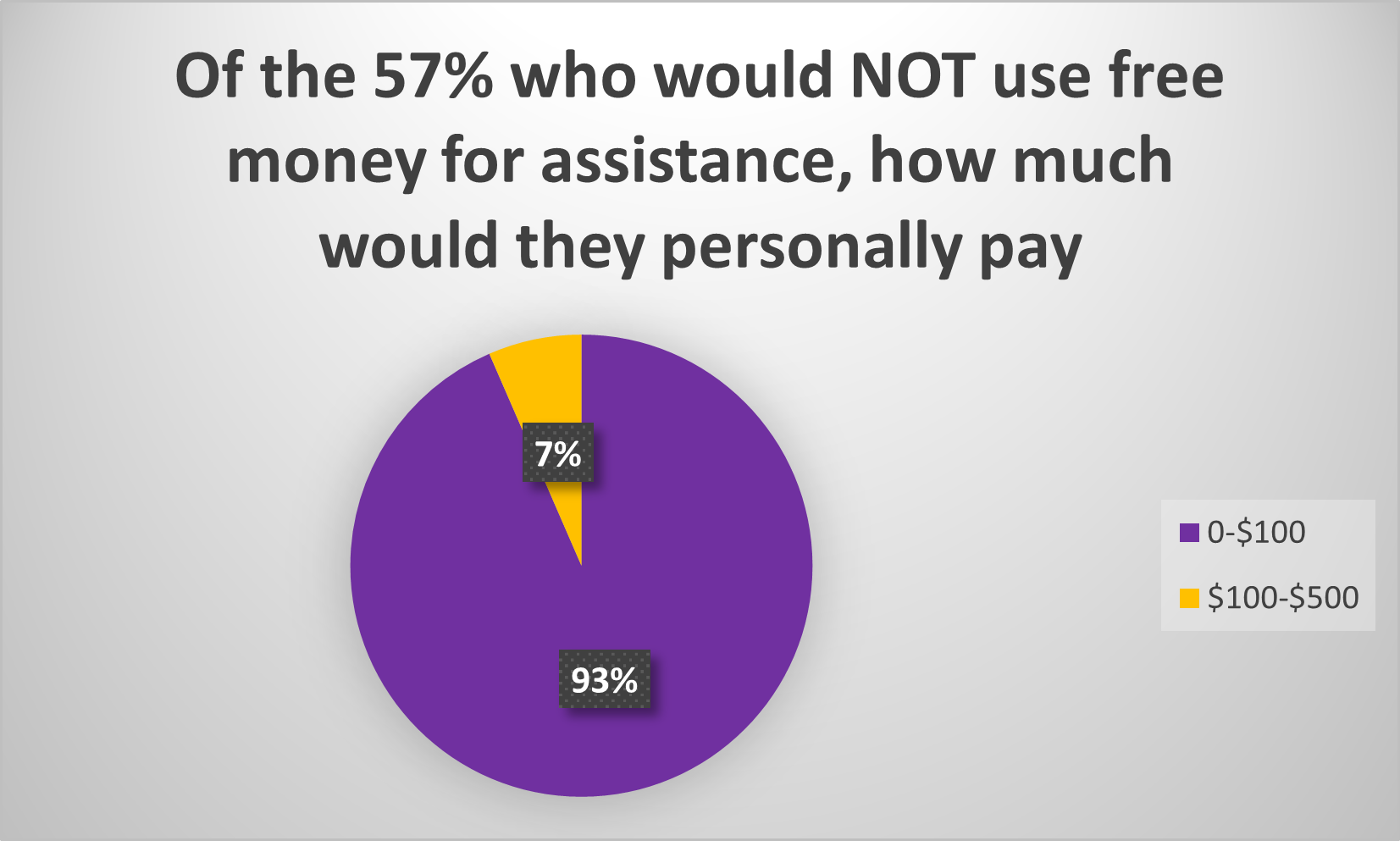Lakewood City Council amended the building code to allow transitional housing for homeless on September 9. There were no defined programs, no defined projects, no defined locations, no operational guidelines and no defined structures. City Council Members spent most of their comments defending the lack of specificity by saying this is just the first step. They pointed to the housing crisis as evidence of need. Council positions are summarized below. The vote was 10-1, with Councilor Olver being the sole no vote. Programs can start as soon as the city acquires land, which was not approved in the 2025 budget.
Councilor Rein proposed a contentious amendment that would require the city to own or control the housing programs. There was push back from Council Members Shahrezaei, Mayott-Guerrero, Stewart, Cruz, Low, Nystrom, and Sinks. The feeling seemed to be that Lakewood should buy the land with taxpayer money and allow the programs but essentially give it to private actors to use for the homeless. An interesting note is that many Council Members frequently mention their work for non-profits while advocating like they are soliciting donations, rather than legislating from a government responsibility standpoint.
There is a homelessness crisis and if we don’t do anything we are complicit…. People have a right to shelter. – Public Comment, Amber Varwig
Rein eventually removed his owned or control language. That means any non-profit can control the program. As Council Member Shahrezaei pointed out, this includes faith-based programs. Once approved, the city will have no control over the program.
“It is irresponsible to change this ordinance for plans that you are not willing to be transparent about.” – Public Comment, Wendy Shrader
There is no defined project, policy or process for a city approved project so staff was unable to answer many of the City Council questions, which was awkward because City Council obviously had specific things in mind and they struggled to figure out how to get their base assumptions resolved.
“How far from the usual do you want to go in amending this building code” …Transitional housing is not within in the purview of the building code to begin with. – City staff response upon being questioned on whether it is even possible to put “own or control” definitions into the building code.
Without a defined “City of Lakewood Transitional Housing Program” , and without a defined approval process, this discussion could morph into anything in future.
Council Member Comments and Positions
Stewart: Asked questions so that staff can reiterate that these units are safe. Clarifies that City Council asked for this ordinance before other pieces come forward. She says that when they tried to do safe parking they had a vendor lined up and then had to wait because the city hadn’t changed the ordinance first. She clarifies with staff that the word control and approved is not defined in the ordinance as passed, which she agrees to.
Mayott-Guerrero: Says we’ve been working on getting this housing ability for two years. Now that there is a code they can work on a specific project. She says there are already homeless here and so taking care of them prevents problems later on. This is a local solution to a national problem. Rejects using the building code to try and control a program and does not try to define what a program means in the ordinance.
LaBure: Questions if garage door mechanisms are included in the amendment. Sees the need to address the affordable housing crisis but half the city is zoned R1 so we need to change the building code.
Low: The city needs to provide housing so that people can get the help they need. Says LA and Denver crime went down around pallet homes. Reiterates that the proposal is a result of council request, not a specific project and asks how the specific project would be approved. Answer is that the approval process has not been set but there have been conversations about what is needed. There may need to be a permit review involving public hearing.
Sinks: Clarifies that these new units will not be going into parks or open space.
Cruz: Asks whether a non-profit could partner in these projects. The answer is that it is only city approved, does not need to be city controlled. She says there is a human cost in not taking action.
Rein: Next step is for staff to provide a framework to answer all these questions, such as does it need a special use permit, which is an option but not certain. Rein motions to add language “owns (in whole or in part), or controls, or both” to the projects. so that the city always has “skin in the game”. He later removes this language.
Shahrezaei: As to the amendment, she approves the subcontractor relationship, (rather than the having the city own or control). City staff answers that this is a policy decision and that control could come from the permitting process.
Nystrom: Strongly states that City Council has nothing specific planned, they are just getting ready. Lakewood has a homelessness problem. People who are living on the streets need our help. Naysayers should consider being more compassionate.
Strom: Thank you to everyone working on this for the last couple years. This aligns with our priorities.
Scorecard: Amend Building Code for Transitional Housing
Strom: Aye
Shahrezaei: Aye
Sinks: Aye
Mayott-Guerrero: Aye
Cruz: Aye
Stewart: Aye
Low: Aye
Olver: Nay
Rein: Aye
LaBure: Aye
Nystrom: Aye
